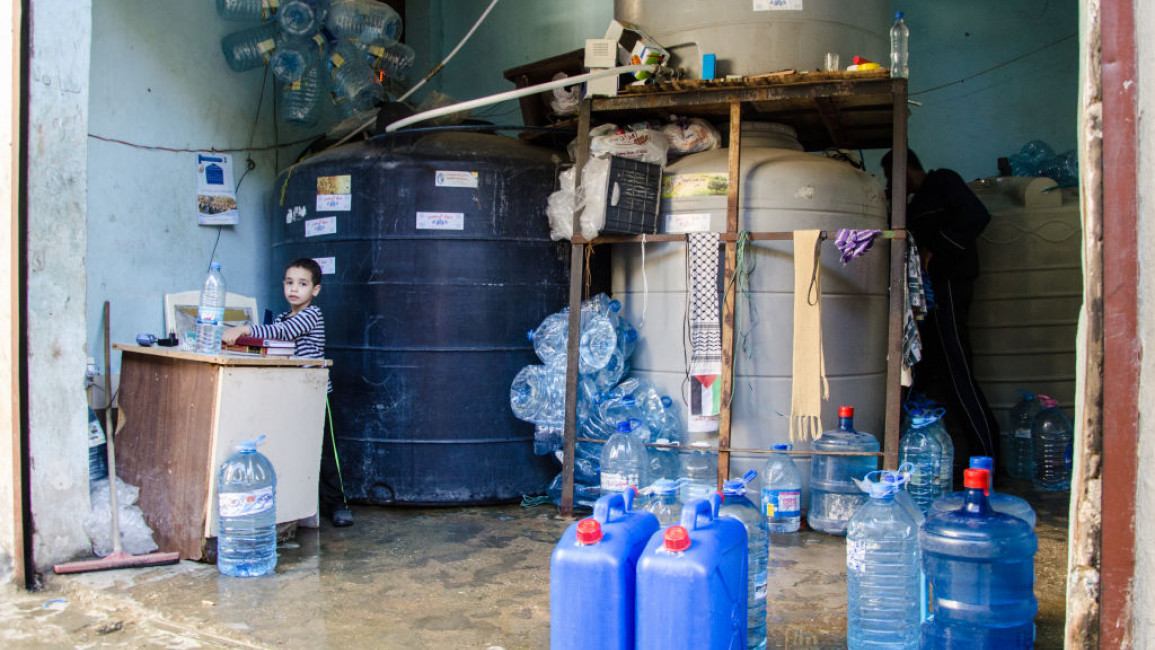Beirut facing weeks-long drinking water shortage after damage to main line
Drinking water provision has been interrupted in most regions across Lebanon’s capital Beirut for weeks, The New Arab’s Arabic-language sister service Al-Araby Al-Jadeed reported.
The water crisis occurred as a result of a malfunction on line 1200 - the primary water line linking to the region’s main reservoir in the Burj Abi Haidar area - as citizens have suffered with limited access to water for around a month and a half.
This has left citizens resorting to buying water tanks, at prices reaching up to 1.5 million Lebanese liras (around $52 according to the black-market exchange rate), increasing existing financial hardship, as the country’s almost three-year-long economic crisis continues.
“The water has been cut off in the areas of Hamra, Caracas and Koraytem for a month and a half, and [some] resort to buying water or use well water, which is salty and not suitable for drinking” citizen Amer Aytani, from the Ras Beirut area, told Al-Araby Al-Jadeed.
"The water has not reached us for 15 days or more, and almost every two days we have to buy a tank and bear the cost of approximately 800,000 pounds (about 28 US dollars)," another citizen, Abeer Aliwan, living in the Jnah area told Al-Araby Al-Jadeed.
An owner of a water bottle company in Beirut – who requested anonymity – also revealed that in recent weeks there has been “a significant increase in the demand for water that exceeded our capacity by ten times,” citing a “harsh” period for Beirut.
The Beirut and Mount Lebanon Water Corporation announced on Saturday that in cooperation with, and funding from, the United Nations’ Children’s Fund UNICEF, it almost completed the fault repairs.
However, they added that securing the remaining necessary equipment to complete their task of "replacing a large section of the 1200 line" would take at least two weeks.
"[We] will not remain in a state of stagnation... [we] will maneuver on six of the main traction lines to be able to deliver water to the main reservoir in Burj Abi Haidar (area)… [we] will seek to secure as many technical and rapid solutions as possible," they said.
Amid the crisis, one politician pointed out a fault in the Lebanese system, stating it has occurred as a "result of the state's neglect".
"Beirut's reliance on one main line is a very big problem and reflects poor planning for a capital that includes about one and a half million people” Lebanese MP Ibrahim Mneimne told Al-Araby Al-Jadeed.



